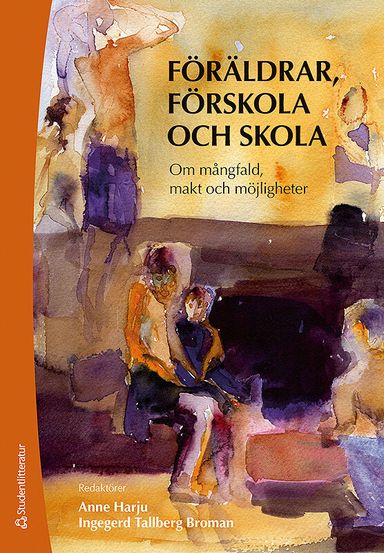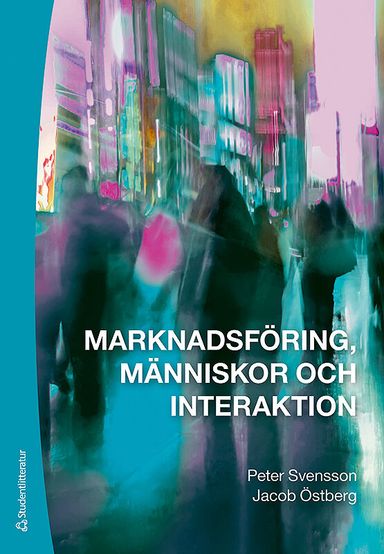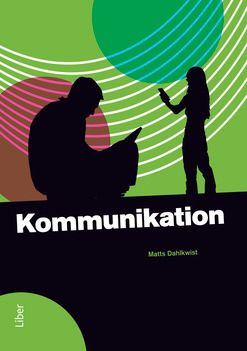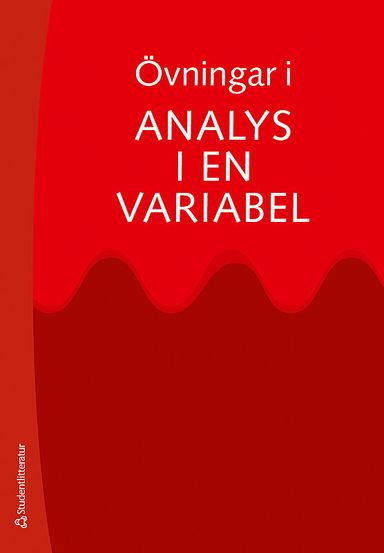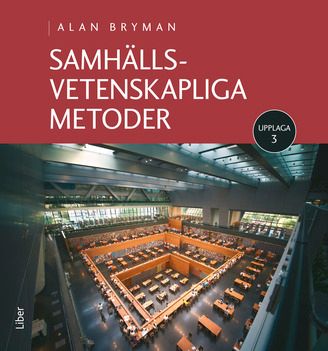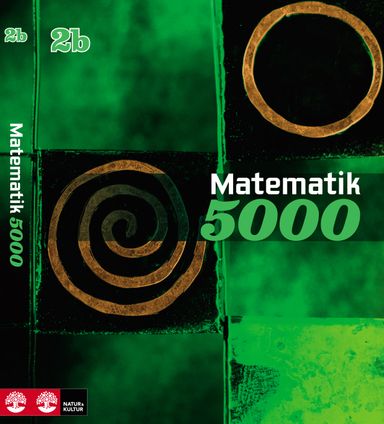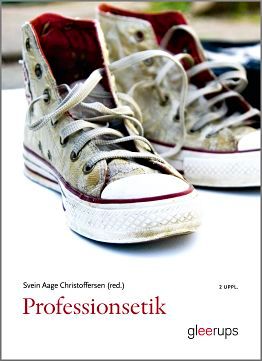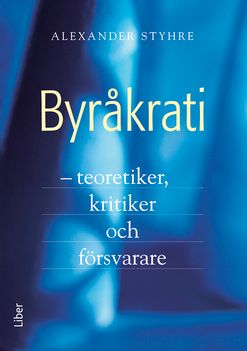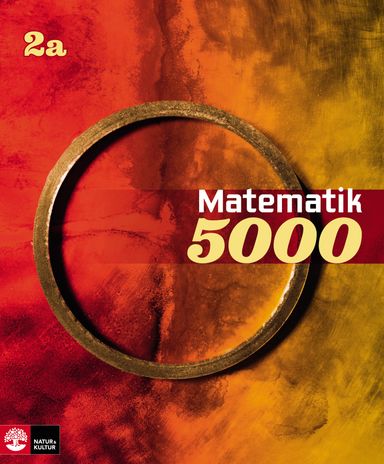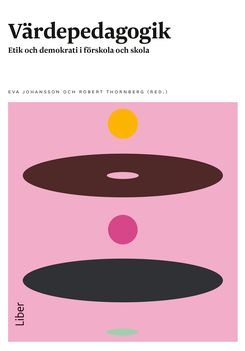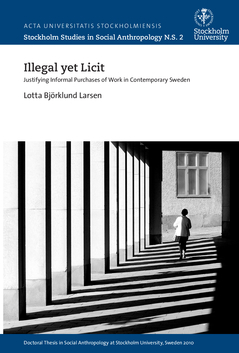

Illegal yet licit : justifying informal purchases of work in contemporary Sweden
- Utgiven: 2015
- ISBN: 9789186071325
- Sidor: 240 st
- Förlag: Acta Universitatis Stockholmiensis
- Format: Häftad
- Språk: Svenska
Om boken
Svart arbete, informal purchases of work, is a widely debated societal phenomenon in Sweden. It is often seen as detrimental to contemporary welfare society, eroding taxpaying morals, fair competition and solidarity with fellow citizens. Acknowledged as wrong, it is in many instances also an acceptable and commonplace exchange practice. This study addresses this incongruity and aims to show how these inconspicuous exchanges of work are distinguished in terms of legality and licitness. This study is based on ethnographic interviews with a group of middle-aged people in all walks of life, who have their roots in a small town in southern Sweden. In the midst of life and work, they address situations where living in accordance with moral standards becomes difficult. This study aims to illuminate multifaceted reasonings about the illegal but licit purchases made and how people make sense and meaning of them in retrospect and in the larger context of societal economy. The ways in which these purchases of svart arbete are justified illustrate inherent tensions in contemporary welfare society.
Åtkomstkoder och digitalt tilläggsmaterial garanteras inte med begagnade böcker
Mer om Illegal yet licit : justifying informal purchases of work in contemporary Sweden (2015)
I september 2015 släpptes boken Illegal yet licit : justifying informal purchases of work in contemporary Sweden skriven av Lotta Björklund Larsen. Den är skriven på svenska och består av 240 sidor djupgående information om samhälle och politik. Förlaget bakom boken är Acta Universitatis Stockholmiensis.
Köp boken Illegal yet licit : justifying informal purchases of work in contemporary Sweden på Studentapan och spara pengar.
Tillhör kategorierna
Referera till Illegal yet licit : justifying informal purchases of work in contemporary Sweden
Harvard
Larsen, L. B. (2015). Illegal yet licit : justifying informal purchases of work in contemporary Sweden. Acta Universitatis Stockholmiensis.
Oxford
Larsen, Lotta Björklund, Illegal yet licit : justifying informal purchases of work in contemporary Sweden (Acta Universitatis Stockholmiensis, 2015).
APA
Larsen, L. B. (2015). Illegal yet licit : justifying informal purchases of work in contemporary Sweden. Acta Universitatis Stockholmiensis.
Vancouver
Larsen LB. Illegal yet licit : justifying informal purchases of work in contemporary Sweden. Acta Universitatis Stockholmiensis; 2015.


